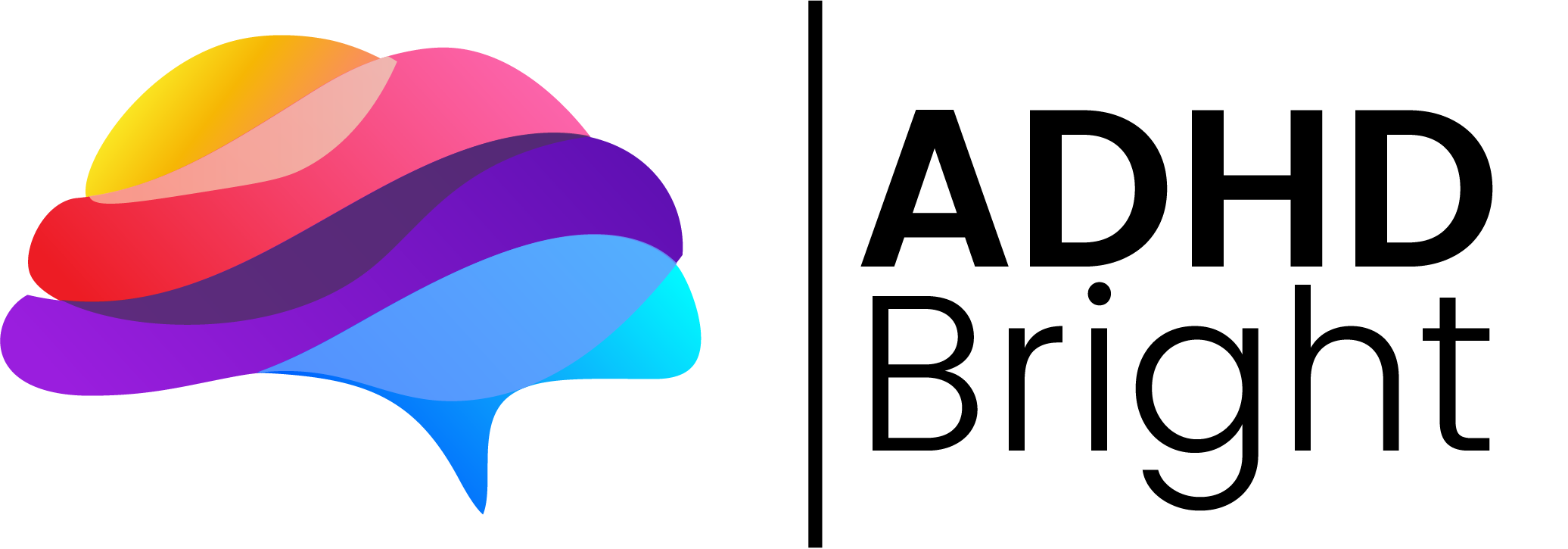TL;DR
Wondering does coffee help with ADHD?
Caffeine can improve focus for some people with ADHD because it boosts dopamine levels and activates the central nervous system—similar to stimulant medications.
But for others, too much coffee leads to heightened anxiety, poor sleep, or worsen symptoms.
The short answer: coffee may help temporarily, but it’s not a replacement for proper ADHD treatment, lifestyle strategies, or professional guidance.
Does Coffee Actually Help ADHD?
The connection between caffeine and ADHD has fascinated researchers for decades. Some studies suggest caffeine may mildly improve ADHD symptoms, while others show inconsistent results.
Caffeine acts as a natural stimulant, working on the central nervous system by blocking adenosine receptors—the brain’s “tiredness signals.” This results in heightened alertness, temporarily improving motivation and focus.
However, while caffeine consumption can enhance attention for some individuals with ADHD, it can also exacerbate ADHD symptoms such as restlessness, irritability, and sleep disturbances if overused.
How Caffeine Affects the ADHD Brain
For people with ADHD, the brain processes stimulation differently.
Attention deficit hyperactivity disorder is linked to lower baseline dopamine levels, affecting reward response and motivation.
Caffeine mimics the action of stimulant medications by mildly increasing dopamine activity in the brain, which can enhance focus and temporarily improve ADHD symptoms.
In fact, a J Caffeine Res review found that caffeine activates similar brain pathways as methylphenidate (Ritalin) but at a much weaker intensity.
However, caffeine also affects sleep patterns and mental health—two areas already sensitive in ADHD patients. Higher doses or late-day caffeine intake may disrupt sleep, leading to poor sleep and more ADHD tired episodes the next day.
The Science: Caffeine vs. ADHD Medications
Researchers have long compared caffeine use to stimulant ADHD medications such as Adderall or Ritalin. Both influence the frontocorticostriatal dopamine transporter density, which regulates motivation and focus.
However, stimulant medications are much more potent and clinically tested to treat ADHD effectively.
Caffeine’s stimulant properties are weaker, inconsistent, and harder to control through everyday caffeine consumption like coffee tea or energy drinks.
Here’s the key difference:
- ADHD medication targets dopamine precisely and sustainably.
- Caffeine offers a temporary boost—but tolerance and caffeine dependence build quickly.
A systematic review in Neuroscience & Biobehavioral Reviews noted that while caffeine might improve ADHD symptoms in young adults short-term, it is not an effective active treatment for the condition.
How Much Caffeine Helps—and When It Hurts
If you want to safely consume caffeine, moderation matters. Most adults with ADHD can tolerate up to 2–3 cups of coffee (200–300 mg) daily, but how much caffeine helps varies widely.
Too much can cause:
- Heightened anxiety
- Sleep problems and sleep deprivation
- Exacerbate ADHD symptoms like racing thoughts or restlessness
- Worsen symptoms of emotional impulsivity or poor focus
The goal isn’t to give up coffee—but to use it strategically. Try consuming caffeine early in the day, pair it with protein to reduce jitters, and avoid energy drinks with high sugar or higher doses of caffeine.
Coffee vs. Energy Drinks and Tea
Caffeinated beverages come in many forms—but not all are equal for ADHD symptom management.
- Coffee: Offers steady caffeine absorption and potential focus benefits.
- Tea consumption: Adds a gentler stimulant effect with calming L-theanine, which can support mental health and smoother focus.
- Energy drinks: Often combine high caffeine content with sugar, leading to crashes, irritability, and exacerbate symptoms of hyperactivity.
People with ADHD should favor mild stimulant sources like tea or black coffee rather than caffeinated drinks with additives.
Too much caffeine consumption may worsen symptoms, while balanced tea consumption can support brain health and energy stability.
Can Coffee Replace ADHD Medication?
Short answer: no.
Caffeine may temporarily enhance focus or motivation, but it cannot treat ADHD or replace stimulant therapy.
ADHD medications—such as methylphenidate or amphetamine-based drugs—are tailored to the unique neurochemistry of deficit hyperactivity disorder ADHD, targeting dopamine levels precisely.
Caffeine compared to prescription treatments is inconsistent and may interfere with taking ADHD medication if overused.
For some, combining small, controlled caffeine doses with behavioral therapy can complement ADHD treatment, especially when working to manage symptoms effectively and maintain focus during daily routines.
The Link Between Caffeine and Sleep in ADHD
Caffeine’s biggest drawback for individuals with ADHD is its interference with sleep patterns.
Even when consumed early, caffeine affects melatonin cycles—leading to poor sleep, fatigue, and ADHD tired days that make focus harder.
Because sleep deprivation worsens executive dysfunction, chronic overuse of caffeinated beverages can backfire—creating a loop of fatigue and ADHD paralysis (explained more in How to Get Out of ADHD Paralysis).
If you often feel overwhelmed or can’t seem to recharge, you may find Task Overwhelm and ADHD: How to Find Clarity Fast helpful—it breaks down how emotional dysregulation and fatigue connect.
What Drinks Calm ADHD Symptoms?
If caffeine doesn’t work for you, try non-caffeinated options that support mental health and relaxation:
- Protein shakes or smoothies – stabilize blood sugar and reduce ADHD tired crashes.
- Herbal teas – chamomile or rooibos promote calm without affecting sleep patterns.
- Water and electrolytes – dehydration can worsen symptoms of ADHD and cognitive deficits.
The key is self-awareness. Pay attention to how your body reacts—people with ADHD metabolize caffeine differently, so even cups of coffee that help one person may worsen symptoms in another.
The Role of Caffeine in Adult ADHD Treatment
For adult ADHD, coffee can play a small, supplementary role in an ADHD management plan, but it’s not a substitute for therapy or ADHD medication.
A structured lifestyle that balances caffeine intake, sleep patterns, and behavioral therapy is far more sustainable.
Many individuals with ADHD combine mild caffeine habits with coping mechanisms like journaling, time-blocking, or using planners (learn more in How to Use a Planner with ADHD).
These support managing ADHD symptoms holistically rather than relying on caffeine alone.
Does Coffee Really Help with ADHD?
So, does coffee help with ADHD?
For some people with ADHD, moderate caffeine consumption may enhance focus and slightly improve ADHD symptoms. For others, it leads to heightened anxiety, poor sleep, and worsen symptoms.
Caffeine’s stimulant properties mimic—but cannot replace—stimulant medications used to treat ADHD. The best approach is balance: moderate caffeine use, good sleep hygiene, and a structured ADHD treatment plan.
Remember, caffeine can help you feel alert, but it’s not an effective active treatment for attention deficit hyperactivity disorder.
For lasting results, combine intentional behavioral therapy, supportive routines, and tools like the ADHD Bright Planner—created to build structure, calm chaos, and manage symptoms effectively.
And if you ever wonder why mental paralysis hits after too much coffee or too many open tabs, my article on How to Get Out of ADHD Paralysis explains exactly how to reset your brain and regain clarity.




